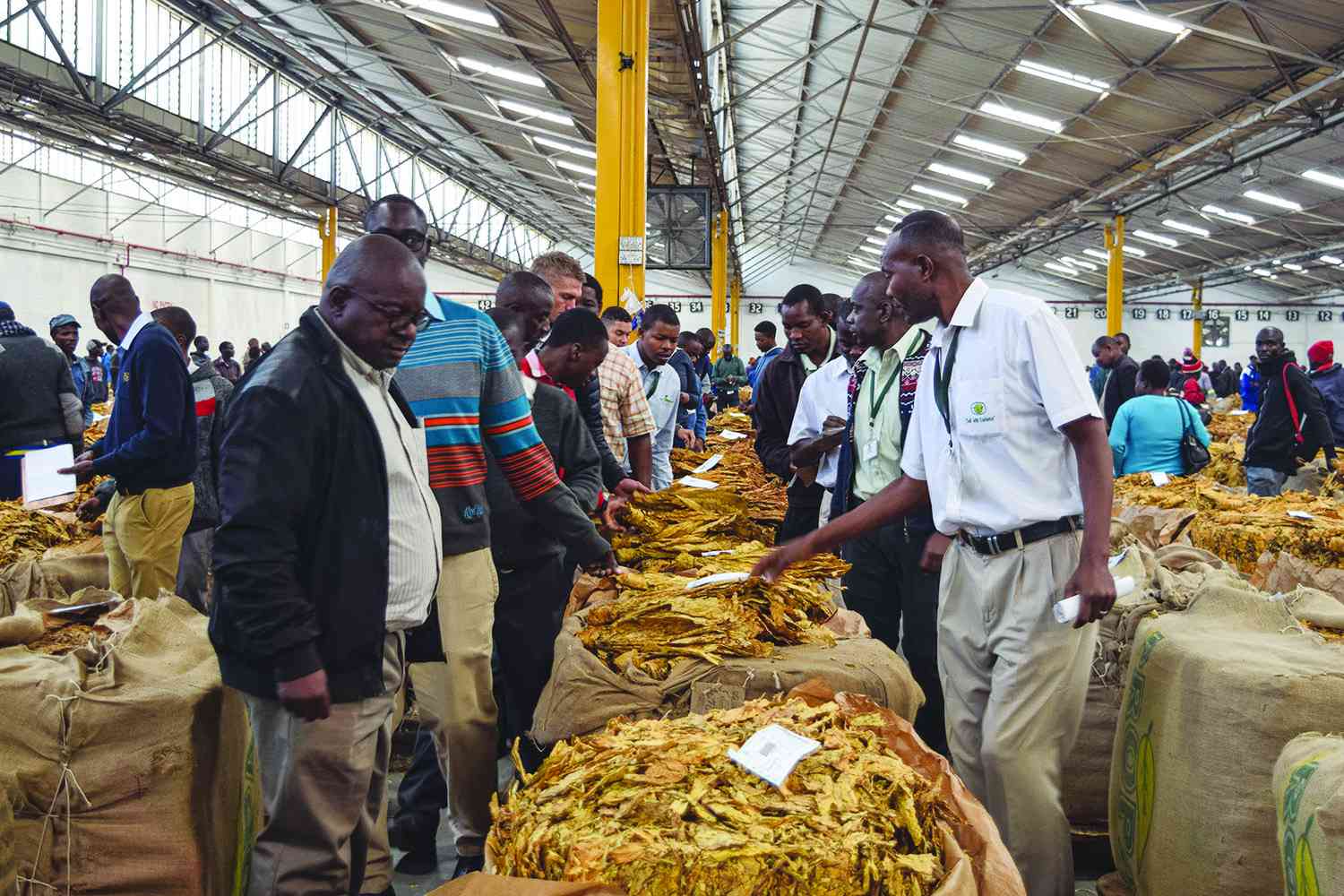
Akribos Research Services, one of the country’s leading advisories, warned this week the United States of America’s protectionist policies could significantly impact global trade flows, with serious repercussions on Zimbabwe.
In its Economic Compass 2025 Outlook, Akribos highlighted the far-reaching effects of proposed tariffs imposed by the Donald Trump administration on key trading partners, noting that repercussions of such moves will be felt beyond the targeted economies.
The measures include a 25% tariff on imports from Mexico and Canada, and a 10% tariff on Chinese goods.
All three are among the US’ biggest trading partners.
While the tariffs have been paused for now, pending Mexico, Canada, and China capitulating to Trump’s demands around border security and better trade, Akribos warns that if enforced, these tariffs could harm Zimbabwe.
The advisory firm said Zimbabwe’s mining and agricultural sectors, in particular, could feel the impact.
But this could present challenges for the country, whose economy depends on these sectors for its growth.
“These tariffs could trigger retaliatory trade measures, impacting global commodity prices and trade flows,” it said.
- Hebrew Scriptures: The best way to stop suicide
- Mpofu plots DeMbare downfall
- Bosso bullish ahead of BF blockbuster
- Innscor volumes rise
Keep Reading
Given Zimbabwe’s reliance on China and South Africa as major trading partners, disruptions in global demand for minerals, raw materials, machinery, and agricultural products will have significant consequences for the economy.
Zimbabwe’s trade with these countries is worth several billions of United States dollars.
Akribos forecasts a 7% growth in Zimbabwe’s mining sector in 2025, with increases in gold, platinum, and diamond production.
However, the ongoing US-China trade conflict could dampen demand for Zimbabwe’s key minerals.
“The US-China trade war could weaken global demand for these minerals. China, a major buyer of Zimbabwe’s platinum, lithium, and nickel, may reduce imports if its domestic economy slows due to the tariffs,” Akribos added.
While gold prices remain strong, concerns about demand for other minerals, particularly from China, pose a challenge for Zimbabwe’s mining industry.
The country is also targeting increased foreign direct investment in the mining sector, but these global uncertainties may slow capital inflows, potentially affecting job creation and export revenues.
Akribos is an arm of Akribos Capital Incorporated, a Zimbabwean Africa-focused investment banking firm.
Trump’s disruptive policies have not only been felt outside the US’ borders, but are shaking markets internally, after moves to review the operations of some government agencies attracted legal pushbacks.
According to the World Bank. agriculture contributes 11% to Zimbabwe’s gross domestic product, and 40% to exports, supplying 68% of raw materials to the manufacturing sector and employing 70% of the population.
Akribos warned that if global trade volumes decline due to the tariffs, Zimbabwe’s tobacco and horticultural exports could face price volatility, impacting forex inflows.
“Global trade disruptions could complicate export strategies, especially for sectors such as tobacco. The exchange rate is expected to remain under pressure, especially if export revenues decline due to reduced global demand for Zimbabwe’s primary commodities,” it said.
The effect will be severe as the Reserve Bank of Zimbabwe takes 30% of the export proceeds from exporters.
Akribos called on Zimbabwe to diversify its export markets, strengthening ties within the African Continental Free Trade Area and BRICS nations to reduce reliance on US-China trade flows.
The report also stressed the importance of value-addition concerning raw materials to boost export competitiveness and reduce dependency on volatile commodity prices.
“The government must prioritise currency stability and fiscal discipline to prevent exchange rate shocks that could disrupt trade and investment,” the research firm said.
“Geopolitical risks will continue to shape trade and investment flows in 2025. Zimbabwe’s ability to diversify its economy and strengthen regional trade linkages will be crucial to maintaining growth.”







